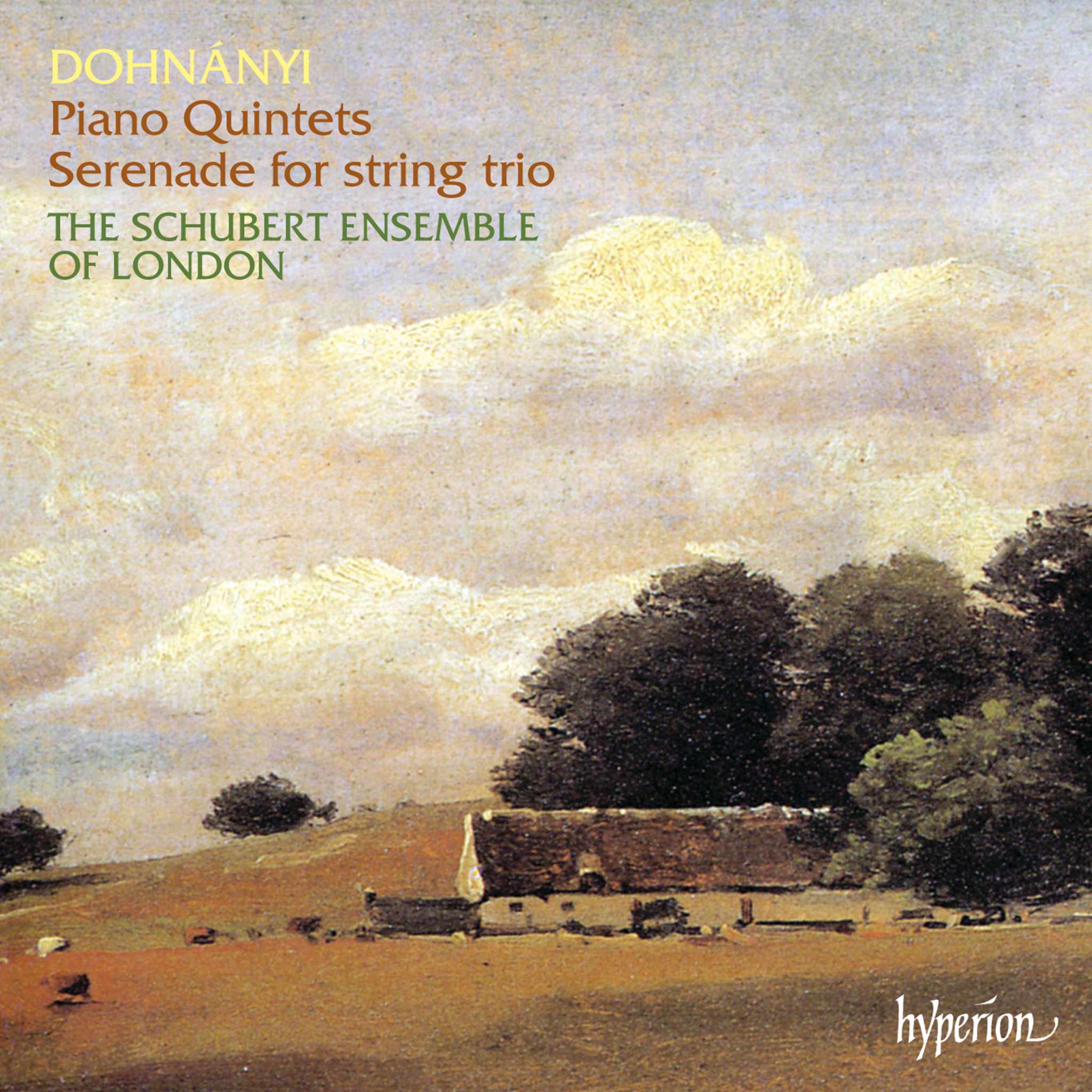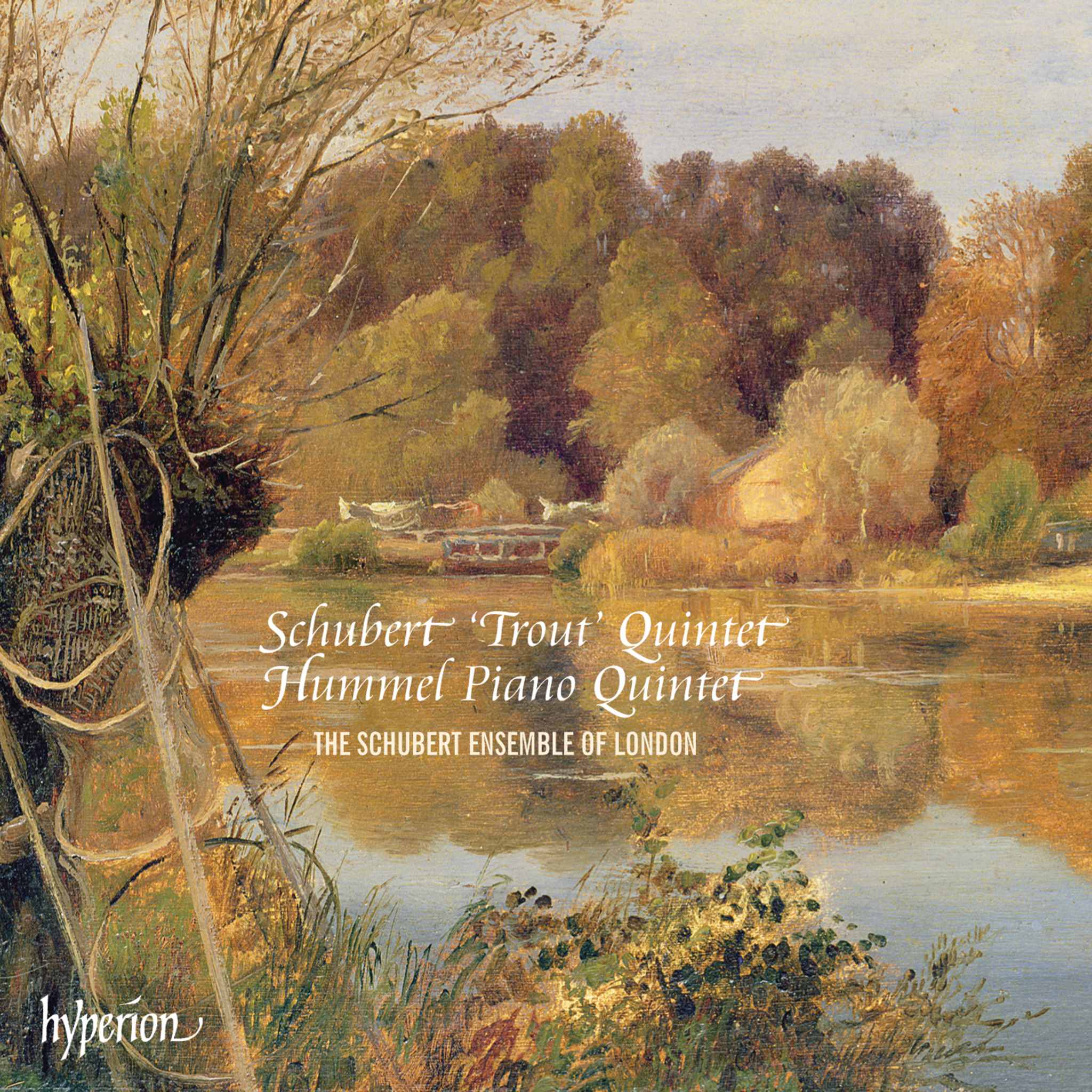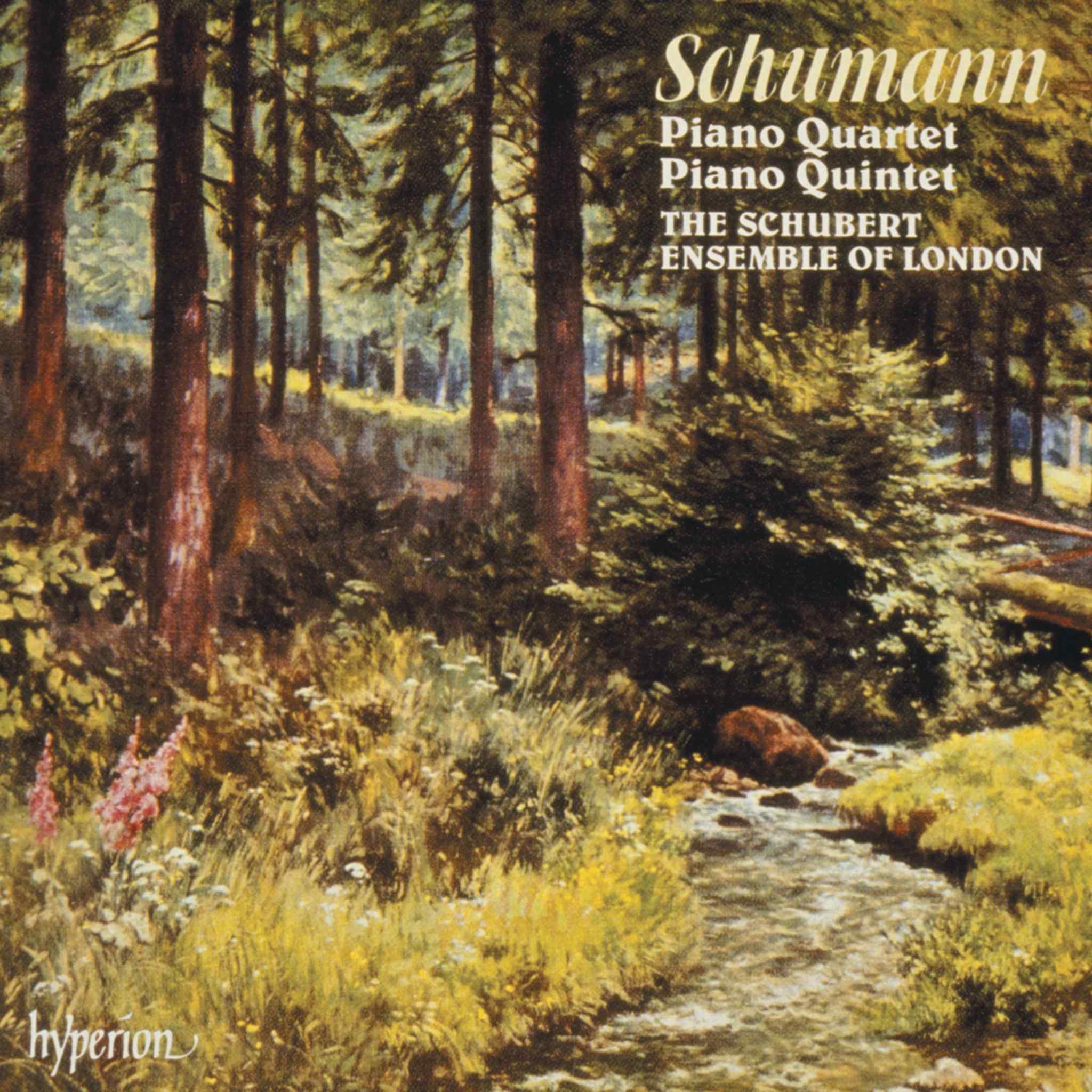Album insights
Both composers featured in this recording were affected by the "success syndrome," where remarkable talents in one area of musical activity overshadow their other accomplishments. For instance, Rachmaninoff's exceptional pianism sometimes downplayed his reputation as a composer, while Stravinsky considered his own "Firebird" a hindrance to success, as it often overshadowed his other works.
Henri Constant Gabriel Pierné, born in 1863 in Metz, had parents who wisely moved the family to Paris during the Franco-Prussian War. Pierné's musical journey included prestigious awards from the Conservatoire and significant roles at Sainte-Clotilde and the Colonne Orchestra.
Pierné's chamber music, spanning different periods, exemplifies a blend of Massenet's grace and Franck's contrapuntal substance. Notably, his works exhibit a mix of repetition, jambic rhythms, and a play of diverse musical influences, indicating a departure from the expected norm.
Meanwhile, Louis Vierne, appointed as Notre-Dame's organist at a young age, faced challenges due to conventions surrounding organ playing. Born in 1870 and nearly blind, Vierne's close association with Franck shaped his musical language, especially evident in his early works like the String Quartet.
Vierne's quartet, composed at a young age, showcases a spiritual approach resonant with the style of Franck. Each movement of the quartet reveals a blend of imitative Bach-like entries, Franck's chromaticism, and a delicate balance of themes and structures. The suite's Intermezzo and slow movements stand out as masterful pieces of French chamber music, reflecting Vierne's refined craftsmanship.
In conclusion, both Pierné and Vierne navigated the intricate paths of musical success amid personal and artistic challenges, leaving behind a legacy of innovative compositions that continue to captivate audiences worldwide.



